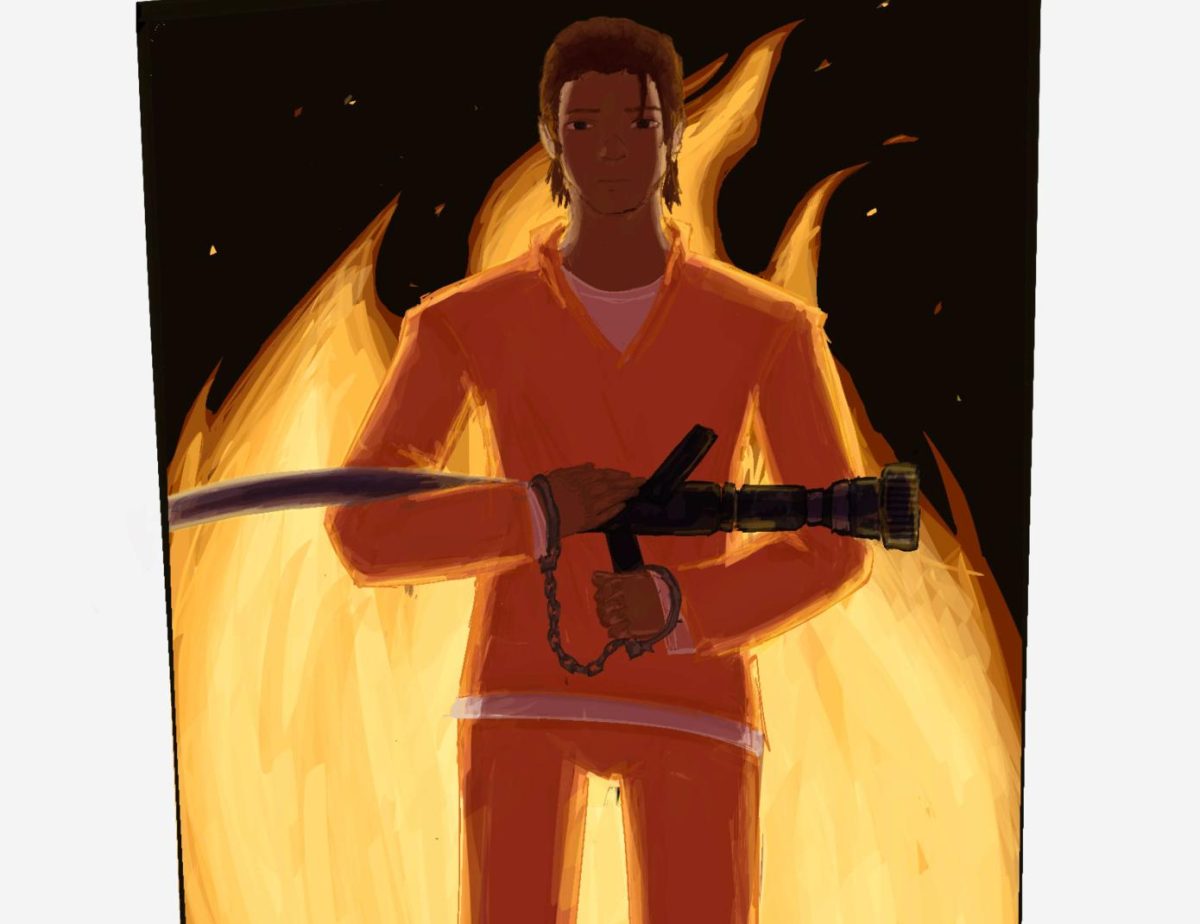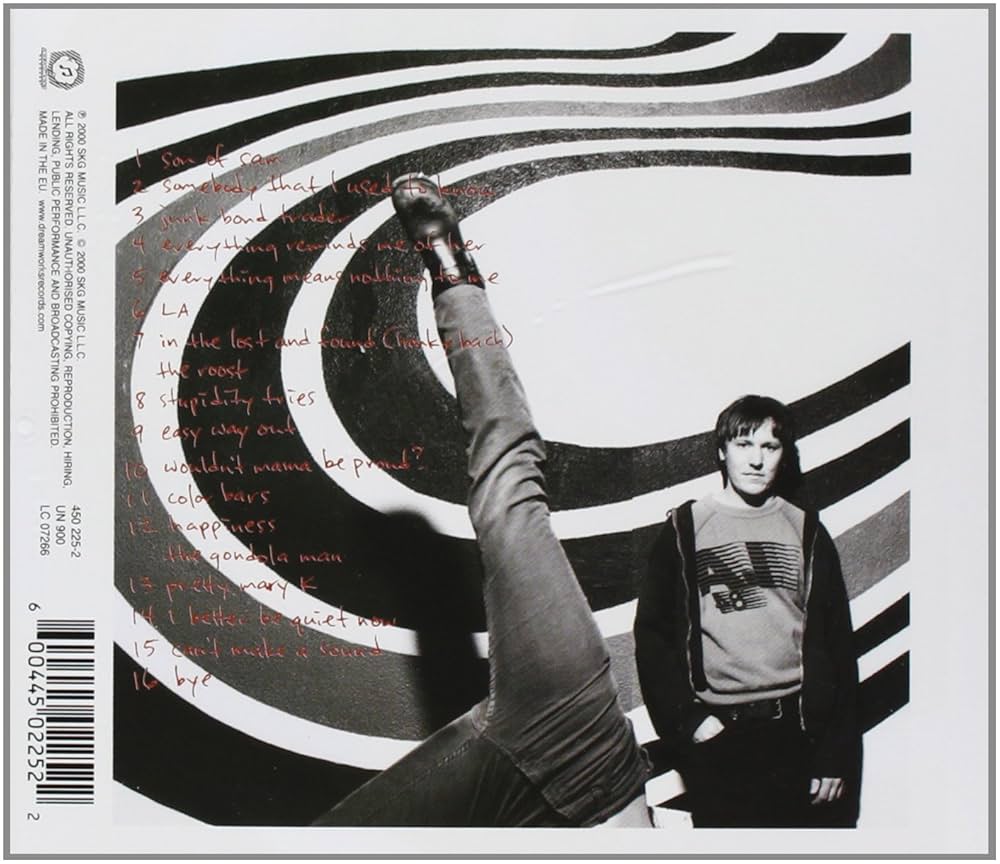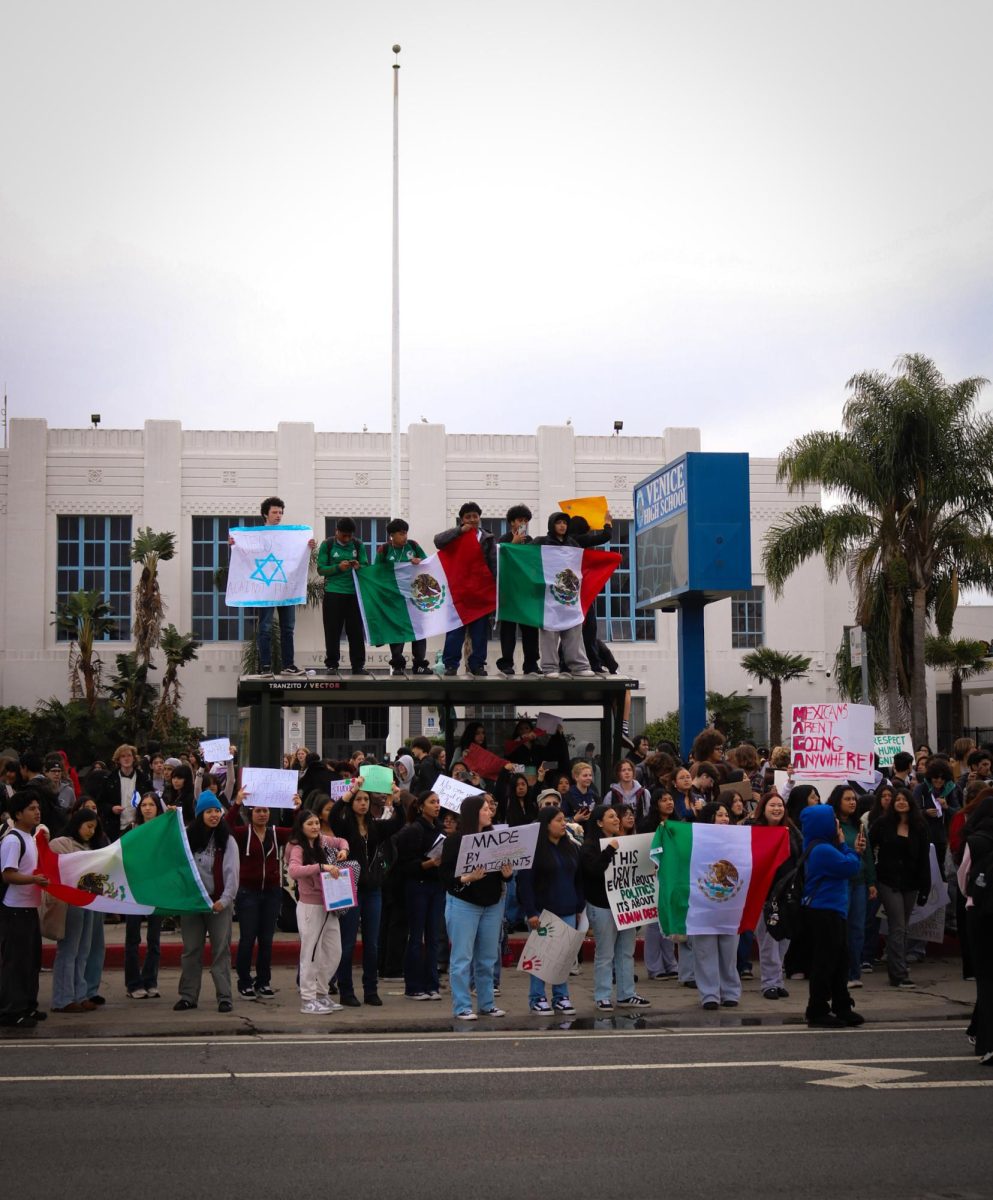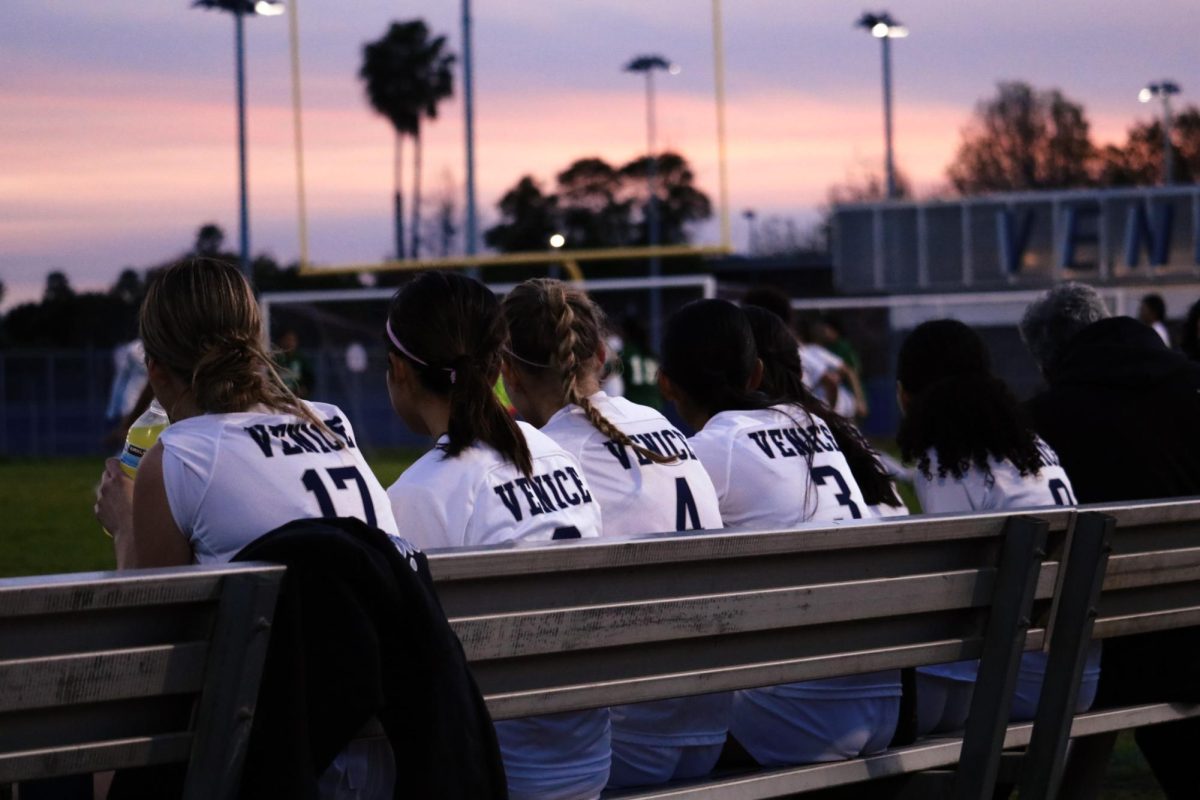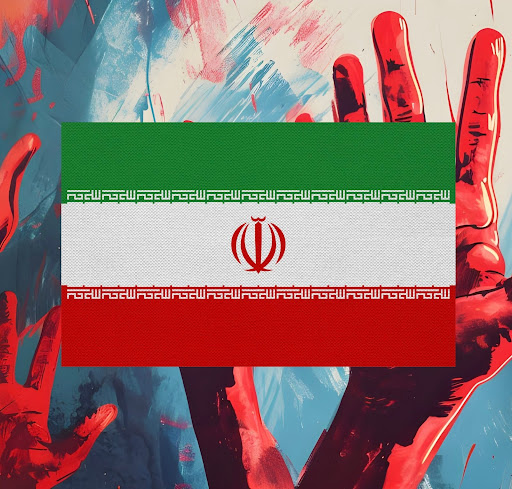
This past year, I’ve spent, seemingly minutes that turn into hours, working myself up about the torture Iran is causing to women and anyone else who tries to help them. These women could have been me had my grandparents not made it to America.
But they made it to L.A., where I am now. A place where everyone feels they can say anything, absolutely any and all of their opinions.
As a high school student, I can take to the streets with my hair flying in the west coast winds. I can express whatever my religious thoughts may be without consequence.
Often, I just sit in my bedroom, lucky enough to have never been physically forced to do anything, let alone to the point where my life was on the line. I sit and think. I think and think about the women who look like me, the women who share ancestry with me, getting killed, getting incarcerated, for something as simple as showing their hair, something they were born with, something that’s just a part of their body.
My blood will boil over eventually, it just has to. I fight the urge to kick and squeal until I lose my voice, knowing that the reason dozens upon dozens of my family members had to leave, is the same reason Mahsa Amini and others have been killed.
Journalists got sentenced to imprisonment for covering Amini’s death.
I am the Editor-In-Chief of this school newspaper; I exercise free speech day after day. I’ve written opinions on the government’s decisions that I’ve disagreed with. However, there has never been a point in time where I was scared that the repercussions of my voice would be torture, jail, or death.
The women of Iran deserve to condemn their policing without it getting worse. They deserve basic human rights. These brave women are putting their lives on the line, just so that one day life can look like how my grandma remembers it, so it can return to liberation and humanity.
So Iran, do you plan to jail everyone until they either submit or die? Do you plan to persecute your people, until there are no people left?
The Islamic Republic of Iran is trying to force everyone into submission, while I sit in bed feeling empty again, feeling a hole so deep that it very well could reach Iran, my mind praying they could just jump through that hole and be safe.
Armita Geravand, a 16-year-old girl in Iran, went into a coma after an encounter with the police. Now, she is dead. This piece struck me harder than I could have ever known. I’m 16. Sixteen years put behind me, the same amount as Geravand.
As I sat in my classroom worrying if I got the question to a math problem correct, she sat in a hospital, in a coma, the morality police to blame, her parents not knowing if she’d make it. She should be enjoying friends, worrying about college, and getting good grades, not dead. She was the same age as I am. Geravand and I; the same age. It’s quite impossible for me to comprehend her state. I don’t understand how her own government can allow this, put her blood on their hands and be proud of it,
My grandmother tells me stories, stories of how when she lived in Iran there was amazing nightlife, parties, liberation, and excitement, this was all pre-revolution—a gorgeous melting pot of architecture, stories, literature, and music. The same reason my grandmother left in the 60s, is the same issue Iranians who had never had the chance to, are still facing.
My mom is the youngest family member who still speaks Farsi. I know a few words and phrases, while my grandma still manages to slip into it naturally, even after being in the States for decades. It’s something that reminds her of home, which she can never return to, not in her lifetime.
When I was little, it was my dream to visit Hormuz, a small island off the coast of Iran. It looked as if it were something you would see only in a painting, only it was real. The salt is so concentrated off the coast, the waters are ruby, and the sand is vibrant, there are the cutest domed buildings, a sight I could only dream of. I wanted to go there myself, learn the language, and get a chance to visit the country which many of my family members had called home.
Now the same hospitals that my family members were born in, people take their last breaths. Not dying of natural causes, no, dying of the people who are meant to be making the calls for their well-being, the leaders. Now rather than dreaming of visiting the gorgeous island, I dream that if I were to, I would be able to leave and leave alive.
Narges Mohammadi, a recent Nobel Peace Prize winner, shows courage and integrity, something the Iranian government has no such ambition for. She’s fighting for freedom, using her platform to shed light on atrocity she’s faced, atrocity her people face.
The mothers who have escaped for their children, the girls risking everything just to feel free for a second, the people getting jailed for dancing–we’ve heard the stories ad nauseam. That’s just the stories that make headlines.
I feel grief for those I have never and will never meet. I see their faces on the news, yet cannot even begin to know their whole story, their story that was cut short.
Now that the news outlets cover it less and less, and it becomes less buzz-worthy, lives are still being lost, names are still being brushed over, and people are still being silenced.
The outcry from Iranians seeking justice and liberation: we still see these disturbing stories of the government’s pure barbarism. Where does it end?



